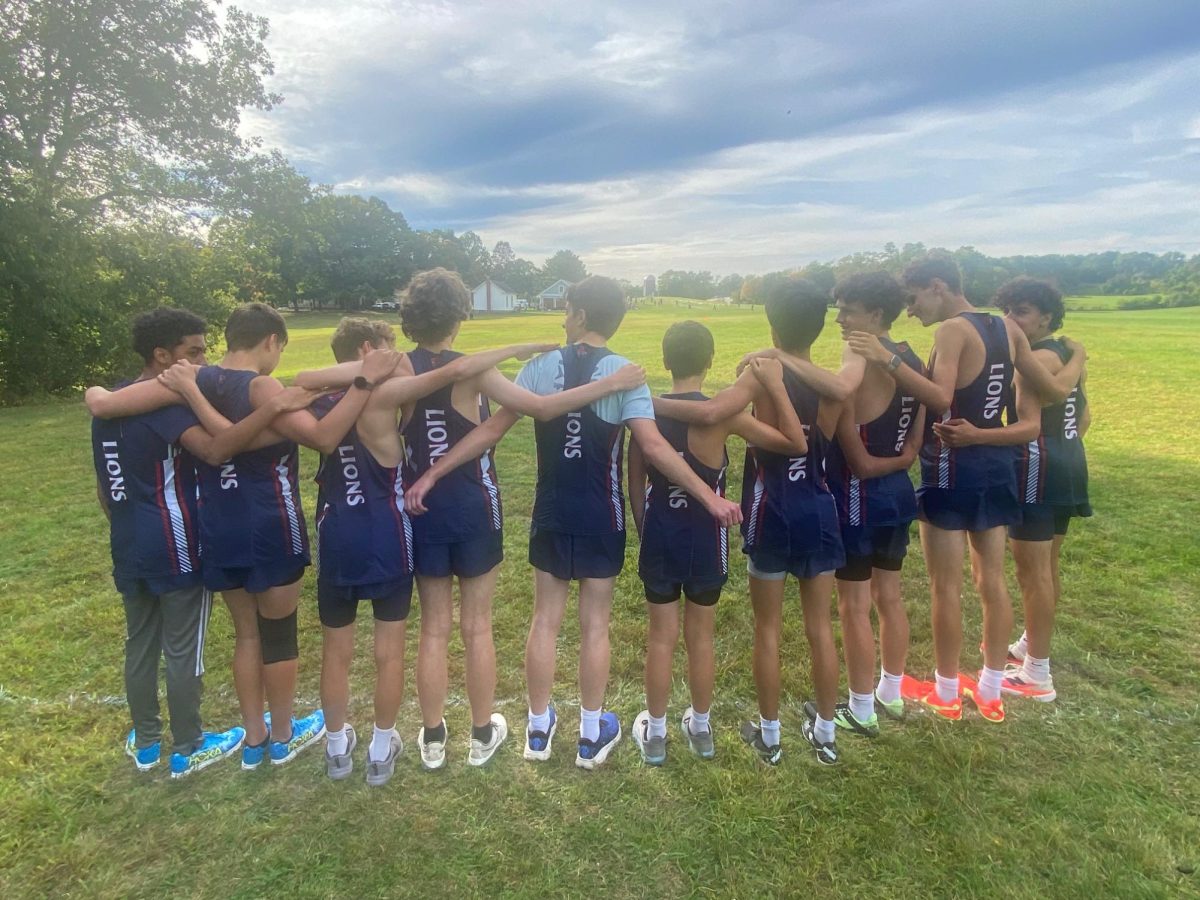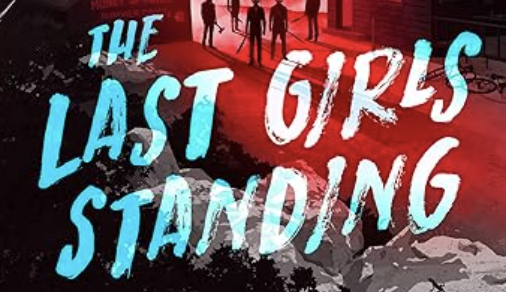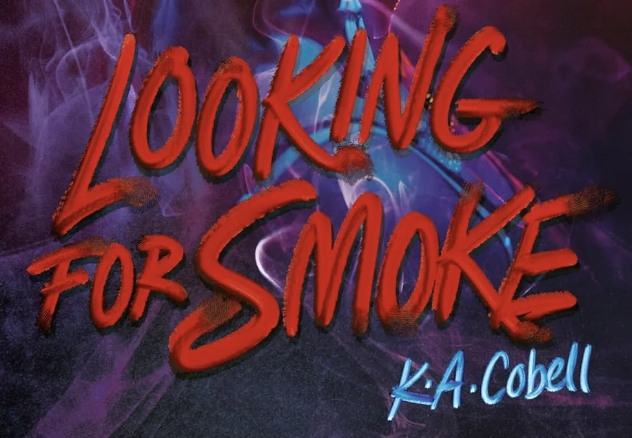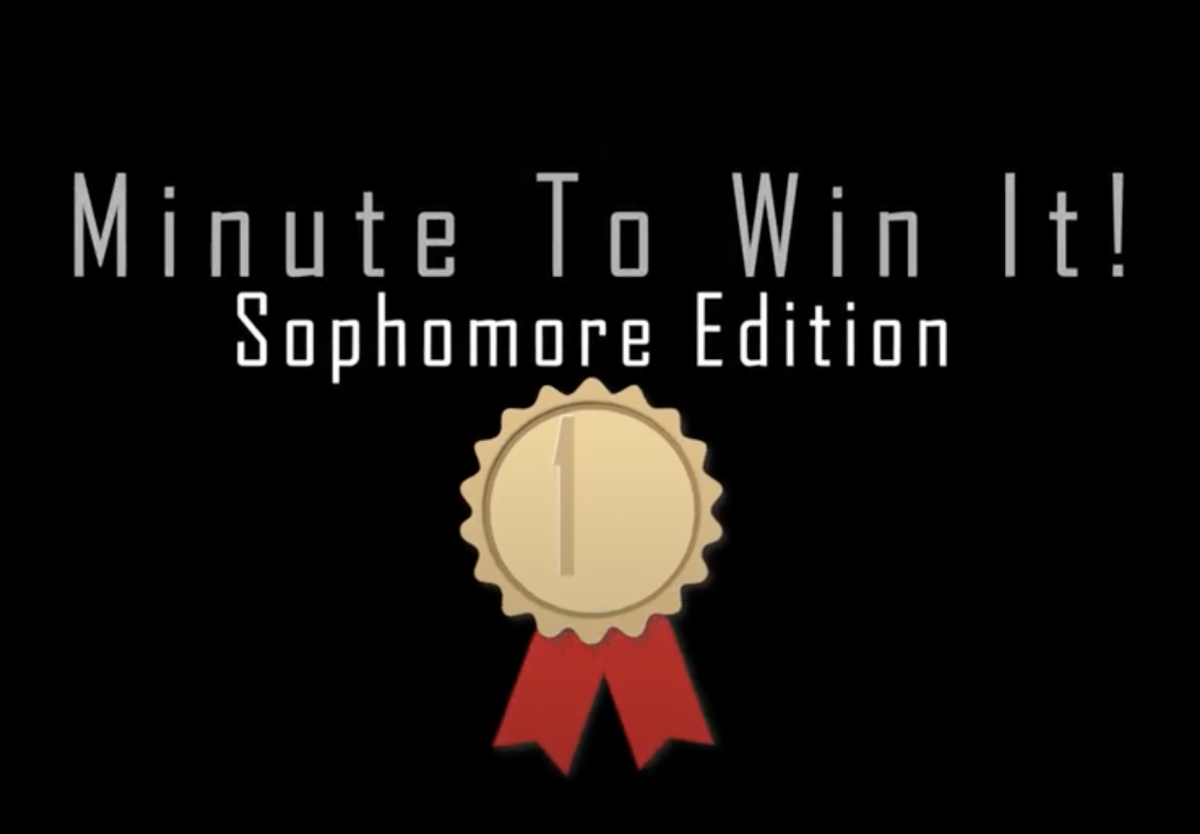
After hosting the award-winning Normal Gossip podcast for seven seasons, Kelsey McKinney has all the tea on gossip, and she spills it in her new adult nonfiction book You Didn’t Hear This From Me: (Mostly) True Notes on Gossip. Like her podcast, which tells an hour-long anonymous gossip story to an eager guest, the book has the tone of a friend lowering their voice, looking both ways, and leaning across the table. McKinney works to define gossip through engaging information, relatable anecdotes, and millenial pop culture references that make the book fly by.
Each of its ten chapters covers a different topic, including anonymous gossip, celebrity and parasocial gossip, internet gossip, urban legends as gossip, and gossip about artists in relation to their art, such as the “gossip” (now a widely accepted fact) that the brilliant Picasso was also an abusive misogynist. McKinney said this chapter, “My Life with Picasso,” was her favorite to write.Spilling the Truth: Kelsey McKinney’s Book Makes the Case for GossipIn the first chapter, “What Makes Us Human,” McKinney explores the uniquely human nature of gossip. In another striking chapter, “Things Half Heard,” McKinney shares her experience losing some hearing as a child, and she acknowledges that hearing stories (in)correctly is a great perpetuator of gossip.
I personally enjoyed the second chapter, “Thou Shalt Not Gossip,” which addresses the stigma around gossip, especially in the Evangelical church where McKinney grew up. While conceding that some gossip is malicious and harmful, McKinney broadly defines gossip as “talking about another person when they are not there,” and therefore argues that not all gossip is bad. Some gossip is helpful, some gossip is fun, and some is simply inevitable, like saying, “Do you know my friend, Eliza? She has long dark hair and always has her nose in a book.” While McKinney’s definition of gossip is certainly very loose, it’s as good as, if not better, than anyone else’s, since the word “gossip” is used in so many contexts.
The next chapter, “The Burn Book,” which references the 2004 movie Mean Girls and its several adaptations, is what undid the majority of the stigma around gossip for me. McKinney discusses gossip as a form of protection, such as during the #MeToo movement, when survivors of sexual abuse shared stories (or gossip) about their perpetrators to keep other people safe. Gossip has been a form of protection throughout history, such as during American slavery, when gossip about the cruelty of slave owners or escape routes kept Black enslaved people alive. With these pieces of context, it makes sense that gossip is seen negatively in a world that is still very sexist, racist, and generally discriminatory. While neither McKinney nor I endorse all kinds of gossip, I value it as a tool for marginalized communities thanks to McKinney’s book.
In the final chapter, “Tell It Slant,” McKinney leaves readers with this: ultimately, gossip is a search for truth. That definition makes sense to me, because whether gossip is empowering and protective, hurtful and cruel, or most often frivolous and fun, what makes it interesting is wondering if it could be true in all of its outlandish nature. McKinney perfectly captures this wondering in her book, from the title to the style to the last lines, and she will enchant busybodies and skeptics alike.





































